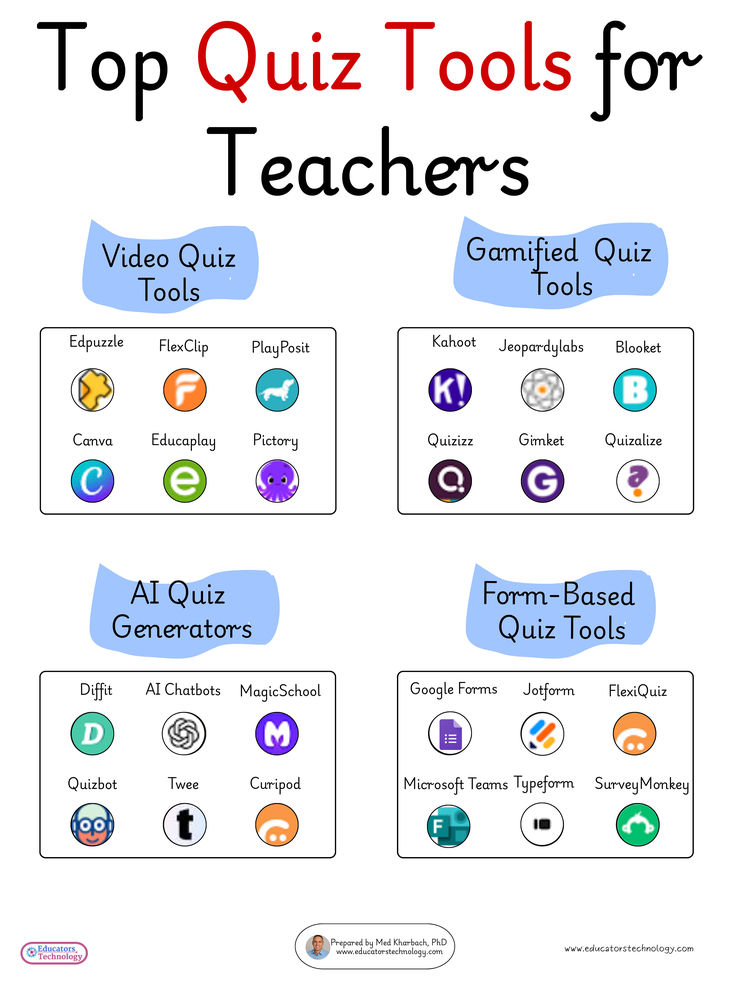Introduction
Learning is most effective when students actively engage with concepts rather than passively receive answers. The Socratic method—using guided questioning to stimulate critical thinking—has long been a hallmark of effective teaching. In 2025, AI tutors are leveraging this approach to transform education, moving beyond simply providing answers to encouraging deeper understanding, exploration, and independent problem-solving.
What is Socratic Questioning?
Socratic questioning is a teaching method that uses strategic questions to:
- Challenge assumptions
- Explore underlying concepts
- Encourage analysis and reflection
- Foster critical thinking and reasoning
Rather than telling students the solution, Socratic questioning guides them to discover answers through dialogue, promoting lasting comprehension and problem-solving skills ai tutors.
How AI Tutors Implement Socratic Questioning
Modern AI tutors, including ChatGPT, Khanmigo, and other platforms, use natural language processing and adaptive algorithms to replicate Socratic techniques:
1. Step-by-Step Guidance
AI tutors break complex problems into smaller, manageable steps. Instead of providing a final answer, the system asks guiding questions that help students think critically at each stage.
Example:
“What do you know about the equation so far? Which variable should we solve for first?”
2. Challenging Assumptions
AI encourages students to question their initial thoughts or misconceptions, prompting them to consider alternative approaches or perspectives.
Example:
“Why do you think that strategy will work here? Could there be another method?”
3. Encouraging Reflection
After a problem is solved, AI asks reflective questions to reinforce understanding and promote transfer of knowledge to new contexts.
Example:
“How could you apply this principle to a similar problem in a different subject?”
4. Adaptive Questioning
AI monitors student responses and adapts questions dynamically, ensuring challenges are tailored to individual learning levels. Students receive just enough guidance to progress without being overwhelmed.
Benefits of AI-Driven Socratic Learning
- Promotes Critical Thinking: Students learn to analyze, evaluate, and reason independently.
- Fosters Active Learning: Guided questioning keeps learners engaged and mentally involved.
- Encourages Problem-Solving: Students develop strategies and decision-making skills rather than relying on rote memorization.
- Supports Personalized Learning: AI adjusts questions based on performance, pacing, and comprehension levels.
- Builds Confidence: Students gain confidence in tackling unfamiliar problems through guided discovery rather than being handed solutions.
Popular AI Tutors Using Socratic Approaches
- ChatGPT: Can generate open-ended questions, prompts for reflection, and progressive hints tailored to student responses.
- Khanmigo: Integrates Socratic questioning into curriculum-aligned exercises, guiding students through problem-solving and exploration.
- Socratic by Google: Helps students solve problems by prompting them to think critically about each step, reinforcing understanding through questioning.
Best Practices for Students
- Treat AI as a learning partner rather than a source of quick answers.
- Reflect on each guiding question and write down your reasoning.
- Attempt to answer questions fully before requesting hints or explanations.
- Use AI to explore multiple solutions or approaches to the same problem.
- Combine AI-guided questioning with traditional study methods for balanced learning.
Conclusion
AI tutors that employ Socratic questioning are changing the way students engage with learning in 2025. By asking guided, reflective questions rather than simply providing answers, these tools foster critical thinking, active problem-solving, and deeper understanding. Students are not just memorizing solutions—they are discovering principles, refining reasoning skills, and building confidence. As AI continues to advance, the integration of Socratic methods ensures that personalized learning goes beyond answers, empowering students to become independent thinkers and lifelong learners.



